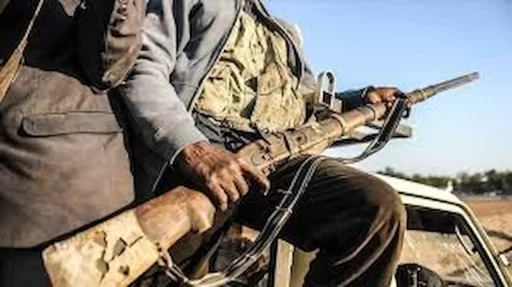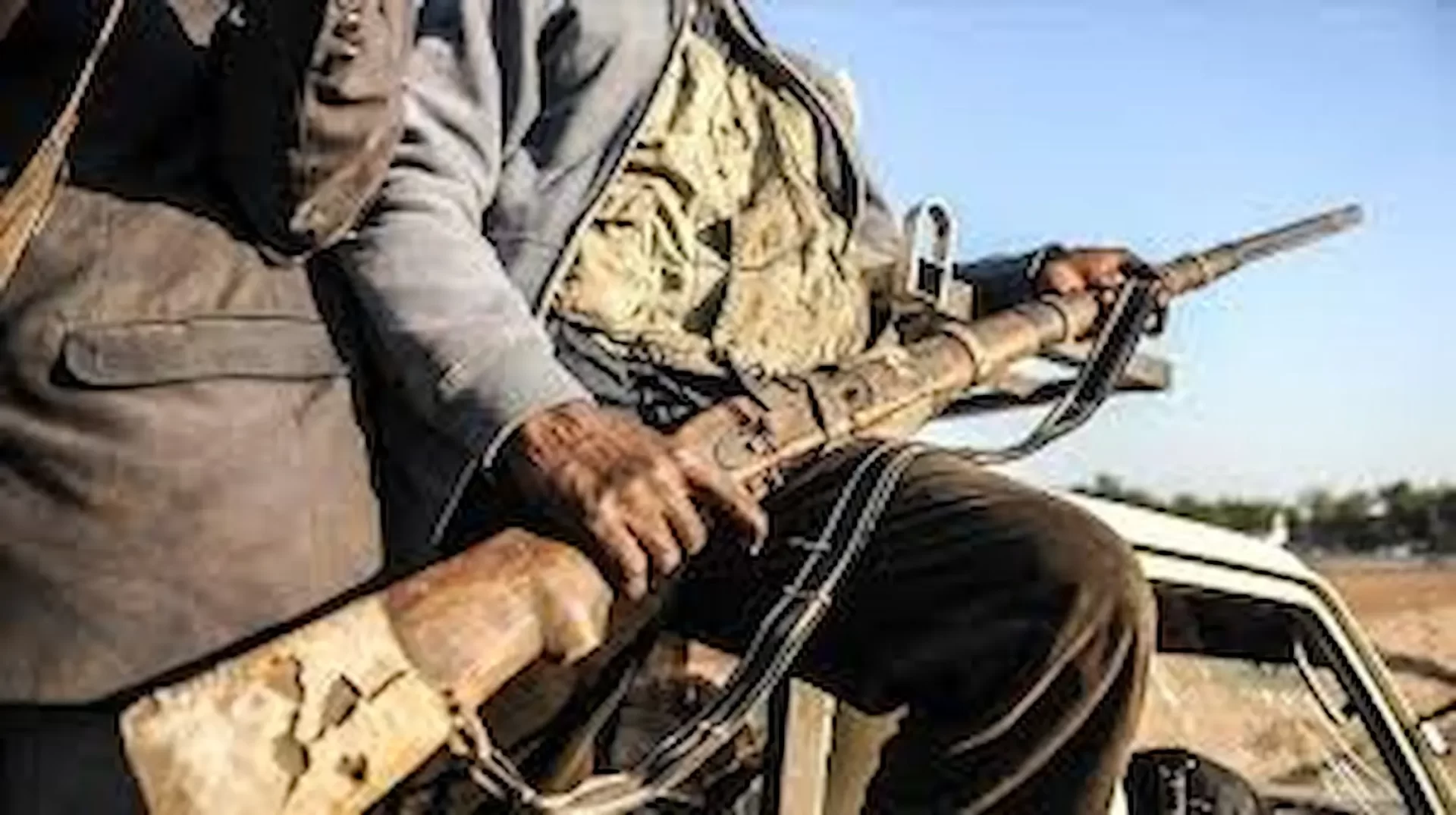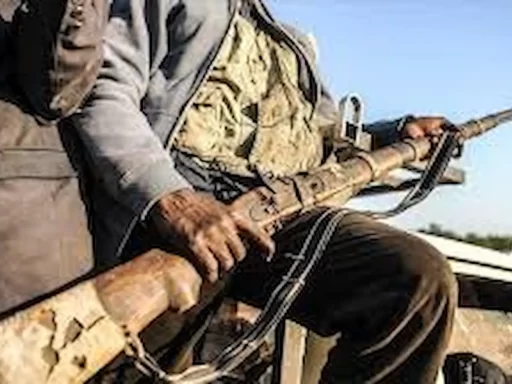How Kebbi Attack Exposes Old Wounds and New Fears
By Naija Enquirer Staff
A day after armed men stormed a girls’ boarding school in north-western Nigeria, abducting 25 students and killing the vice-principal, the people of Maga in Kebbi State remain in a state of anxious uncertainty. The attack on Government Girls Comprehensive Secondary School marks yet another chapter in a decade-long cycle of mass school abductions that continues to haunt the nation.
Yet amid the grief, faint signs of relief have emerged: two students are now confirmed safe, and a large-scale military-led search operation is underway.
A Familiar Tragedy, A New Urgency
Residents of Maga were jolted awake by gunfire in the early hours of Monday, 17 November.
“We thought it was vigilantes at first,” local resident Malam Abdullahi reportedly said. “But by the time we realised what was happening, it was chaos. The school was under attack.”
According to police reports, the gunmen—armed with sophisticated weapons and riding motorcycles—overpowered security guards, scaled the fence, and headed straight for the hostels around 04:00 local time. Vice-principal Hassan Yakubu Makuku was shot dead while attempting to shield the girls. Some accounts claim a security guard was also killed, though official statements confirm only one fatality.
By dawn, 25 students had been marched into the surrounding forest.
Flickers of Hope: Two Girls Safe
Within hours of the attack, the first encouraging update emerged. School principal Musa Rabi Magaji confirmed that one student had managed to evade capture during the chaos and was never among the 25 taken.
Later that evening, a second girl—initially abducted—escaped her captors and trekked through dense bush to reach home safely.
“One is part of the 25 abducted and the other one returned earlier,” Mr Magaji told reporters. “They are safe and sound.”
The escapes have raised hopes that sustained military pressure may force additional breakthroughs.
Government and Military Response: High-Level Intervention
The response from Nigerian authorities has been immediate and forceful.
President Bola Tinubu condemned the “senseless assault on our children,” directing security agencies to ensure the girls’ immediate rescue and insisting that the perpetrators “must face the full weight of the law.”
Kebbi State Governor Nasir Idris visited Maga twice within 24 hours, meeting distraught families and assuring them that “everything possible” is being done.
On Monday, Nigeria’s Chief of Army Staff, Lt Gen Taoreed Waidi Shaibu, arrived in the state with senior military officers. He held an emergency strategy meeting with frontline commanders and addressed troops from Operation Fasan Yamma, ordering a “relentless, intelligence-driven, day-and-night pursuit.”
“We must find these children,” he told soldiers. “Success is not optional.”
Combined forces—including police tactical units, soldiers, hunters, and vigilantes—are now combing forests and suspected routes across Kebbi, Zamfara, and Niger states.
A Nation in Prayer
The attack has drawn international attention. At the Vatican, Pope Francis paused during his Angelus prayer on Sunday to condemn the “vile” abduction and led thousands in praying for the girls’ safe return.
“Let us pray that Our Lady might keep them safe,” the Pope said.
Banditry by the Numbers: A Business of Fear
This is the first major school mass abduction since March 2024, when more than 280 children were kidnapped in Kaduna State. But it mirrors a grim trend that began with Boko Haram’s 2014 kidnapping of 276 Chibok girls—nearly 100 of whom are still missing.
Aid agencies estimate that over 1,500 students have been abducted from schools across northern Nigeria since then. While many are eventually freed—often after ransom payments, despite official denials—the pervasive threat has driven thousands of girls in rural communities out of school.
No group has claimed responsibility for the Maga attack, but the modus operandi aligns with criminal bandit gangs who operate from forest enclaves and frequently demand multimillion-naira ransoms.
Beyond Condemnation: The Path Forward
Critics—among them Bring Back Our Girls activists Aisha Yesufu and Oby Ezekwesili—argue that the government’s response remains largely reactive. Despite the 2014 Safe Schools Initiative promising fences, trained guards, and rapid-response units, many rural boarding schools like Maga remain exposed and vulnerable.
Expansive ungoverned forests, limited intelligence capabilities, and alleged local collaboration continue to empower the criminal groups.
The Human Cost Behind the Headlines
In Maga, the pain is overwhelming. One woman recounted how gunmen first invaded her home, shot her husband dead, and then forced her daughter to lead them to the school hostel.
Parents gathered outside the school on Tuesday, clutching photographs of their missing daughters—some crying, others praying silently.
For the 23 girls still missing, and the two who found their way home through the darkness, the promise to “bring back our girls” remains more than a slogan—it is a desperate plea for the restoration of safety and childhood in northern Nigeria.
As the search enters its second day, communities across the region wait, pray, and hope that this time, the story will end differently.






